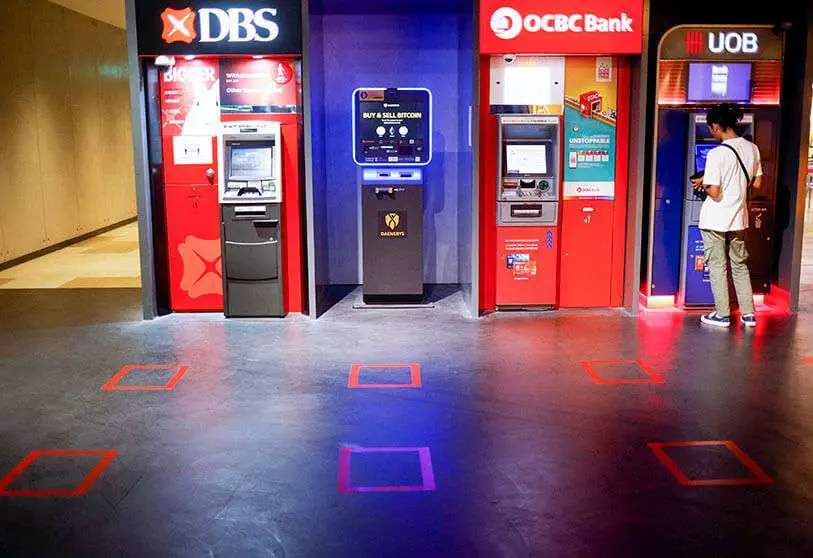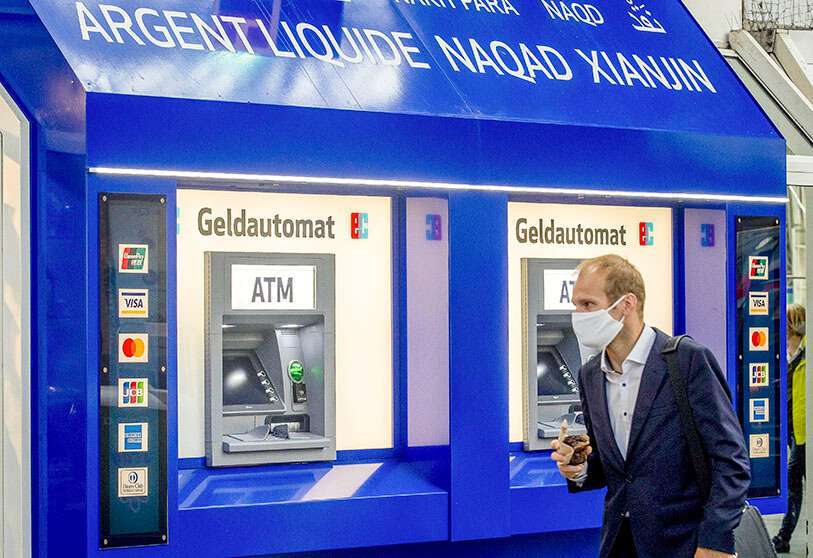How will the $650 billion SDR initiative boost the recovery of emerging markets?

Most developing markets suffered significant economic impact during the pandemic, while many traditional lending channels have narrowed. In this regard, special drawing rights (SDRs) are emerging as an important tool available to governments to finance their COVID-19 responses and recoveries.
In late March, the G7 announced that it would endorse the expansion of SDRs, a basket of foreign currency assets held by the IMF and used by member countries to supplement their own reserves, to $650 billion to help the global recovery from the coronavirus.
The proposal received another vote of international approval on 7 April when the G20 endorsed the allocation, which will be the first such expansion since 2009.
Although the SDR allocation still requires final approval by the IMF board, Geoffrey Okamoto, the fund's first deputy managing director, said he expected the monetary reserves to be distributed to member countries by the northern hemisphere summer.

While not considered a panacea for all economic problems related to the coronavirus, the SDR increase is expected to help emerging markets address related liquidity problems.
Given the economic downturn that accompanied the pandemic and the rising costs associated with the fight against COVID-19, many countries have faced significant financial pressures. In addition, many traditional lenders, also affected by the pandemic, have been less willing to disburse additional resources, while bilateral aid fell by 19% last year, leaving many emerging markets without funds.
To this end, IMF managing director Kristalina Georgieva issued a statement in late March saying that the new SDR allocation would "add a substantial and direct liquidity boost to countries, without increasing debt burdens. It would also free up much-needed resources for member countries to help combat the pandemic, including support for vaccination programmes and other urgent measures".
For many nations, the increased liquidity could provide a substantial boost to procure vaccines, fund medical facilities and provide financial support to citizens and businesses alike.
More broadly, the additional funds could help provide the liquidity needed to increase lending to the general public, which would then help boost demand and stimulate an upturn in the economy.

The allocation of SDRs is normally based on member countries' IMF quotas, which are often based on GDP. For example, it is estimated that the US, the UK and the EU alone would receive almost half of the new liquidity and that emerging markets would have access to around $60 billion of the $650 billion total.
The fact that developed nations and larger emerging markets are likely to take the lion's share of the allocations has led richer countries to transfer their SDRs to less developed economies.
In a February letter to G20 colleagues, Janet Yellen, US Treasury secretary, said she would "strongly encourage G20 members to channel excess SDRs to support recovery efforts in low-income countries, along with continued bilateral financing".
While total allocations to emerging markets are expected to be lower than those to richer nations, they could have a much more significant impact in relative terms.
It has been estimated that the $650 billion allocation would double Zambia's gross international reserves, while increasing the figure in emerging markets such as Argentina, Ecuador, Ghana, Kenya and Sri Lanka by more than 10 per cent.

The proposed increase in SDR allocations is not the only form of financial assistance offered to emerging markets during the pandemic.
As detailed by OBG, development banks have played a key role in supporting both the initial response and ongoing recovery in many low-income countries.
For example, in mid-March, the Asian Development Bank approved a $400 million loan to the Philippines as part of the bank's Asia Pacific Vaccine Access Facility, which aims to provide rapid and equitable support to its developing member countries in the procurement and delivery of effective and safe COVID-19 vaccines.
Meanwhile, in April, the African Development Bank approved a $10 billion COVID-19 response facility to help countries strengthen their health care systems, as well as stabilise their economies and develop social safety nets.
Also in April, G20 nations agreed to extend the Debt Service Suspension Initiative (DSSI) until the end of the year.
The DSSI, which was initially implemented in June last year, provides a moratorium on bilateral loan repayments due to G20 members and their policy banks. The scheme is available to 73 low-income countries, allowing them to use funds to address the social and economic consequences of the pandemic. The G20 estimates that developing countries will benefit from savings of up to $10 billion as a result of the initiative.









